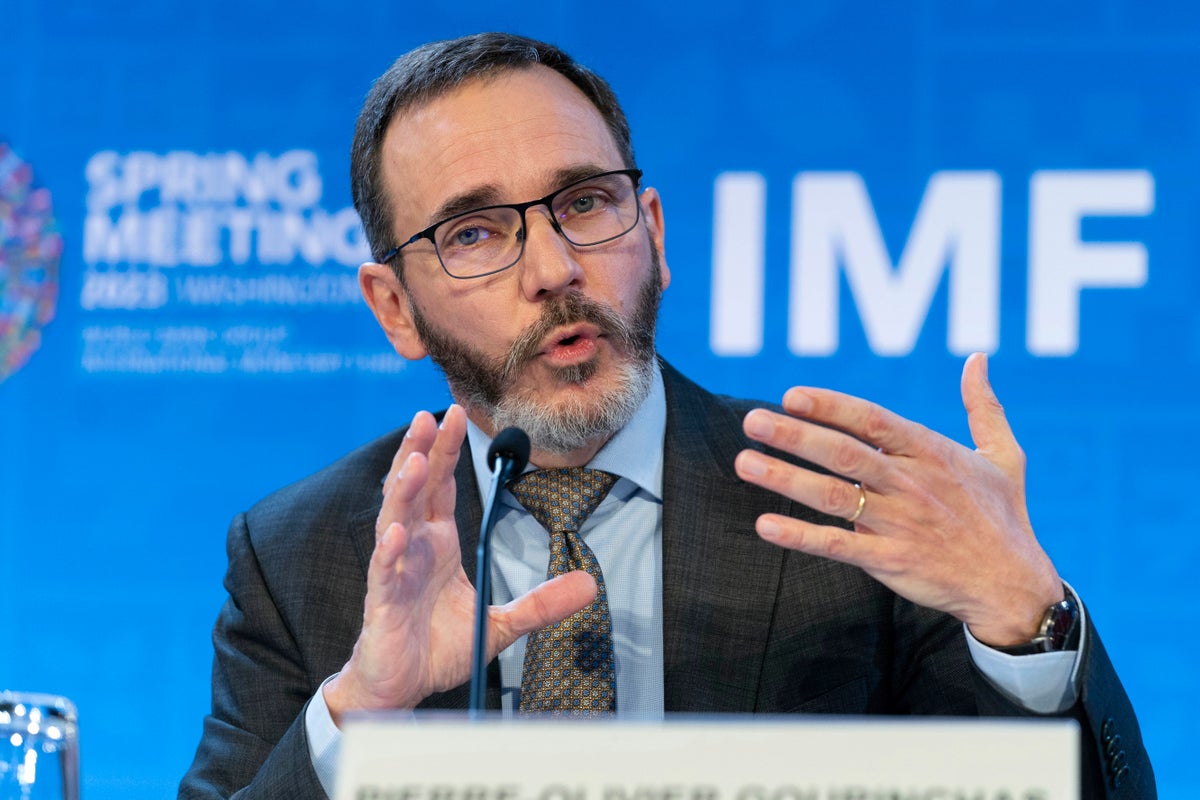
Global growth will see a slight improvement compared to previous International Monetary Fund projections but “many challenges still cloud the horizon, and it is too early to celebrate,” the organization's chief economist said Tuesday.
IMF economist Pierre-Olivier Gourinchas gave his assessment as the organization projected that global economic growth will slow to an estimated 3% in 2023 and 2024, down from 3.5% in 2022.
The latest projection reflects a 0.2% increase from the organization's April projections, when IMF leadership said the world economy was expected to grow less than 3% this year, increasing the risk of hunger and poverty globally.
Despite the slight improvement, global growth “remains weak by historical standards,” the IMF report states. But Gourinchas said in a Tuesday blog post that “in the near term, the signs of progress are undeniable.”
The IMF also predicts that global inflation is expected to fall from 8.7% in 2022 to 6.8% in 2023 and 5.2% in 2024.
The organization's economists said that when the U.S. was able to fend off an unprecedented default by resolving the debt ceiling standoff earlier this summer, that in part “moderated adverse risks to the outlook.”
But it said the threat of higher inflation due to Russia's invasion of Ukraine and extreme weather could lead central banks to hike interest rates or cause world leaders to enact more restrictive economic policies.
In addition, China's slow recovery following the reopening of its economy after the pandemic “shows signs of losing steam” the IMF said.
The U.S. economy has proved surprisingly resilient in the face of sharply higher borrowing costs. Employers are adding a strong 278,000 jobs a month so far this year; and at 3.6% in June, the unemployment rate is not far off a half-century low.
Federal Reserve Chair Jerome Powell and other officials will gather this week for their latest decision on interest rates, hoping to achieve a “soft landing," which is the goal of curbing inflation without causing a deep recession.







